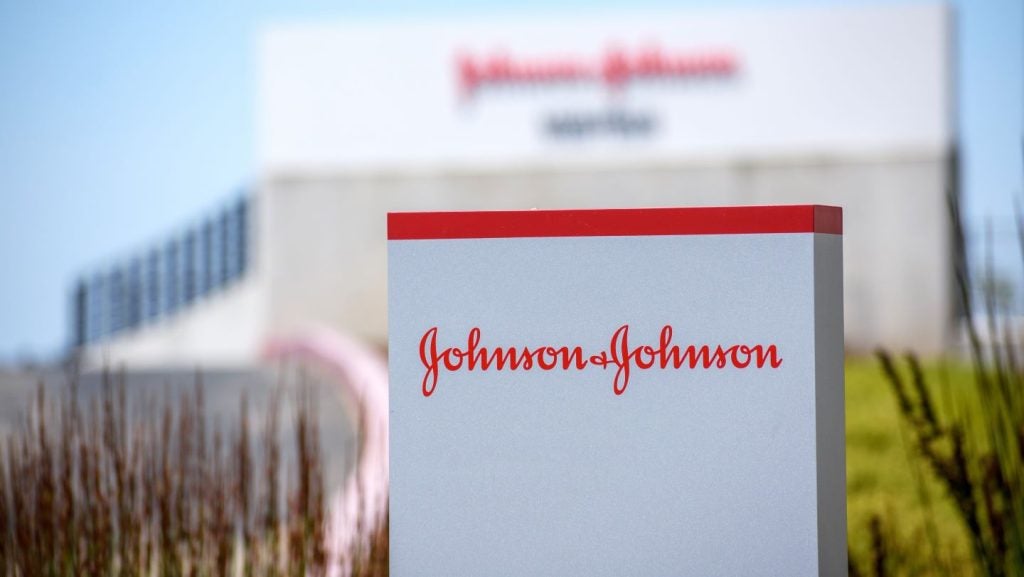CB-011 is a gene-modified cell therapy commercialized by Caribou Biosciences, with a leading Phase I program in Relapsed Multiple Myeloma. According to Globaldata, it is involved in 1 clinical trial, which is ongoing. GlobalData uses proprietary data and analytics to provide a complete picture of CB-011’s valuation in its risk-adjusted NPV model (rNPV). Buy the model here.
The revenue for CB-011 is expected to reach an annual total of $32 mn by 2038 in the US based off GlobalData’s Expiry Model. The drug’s revenue forecasts along with estimated costs are used to measure the value of an investment opportunity in that drug, otherwise known as net present value (NPV). Applying the drug’s phase transition success rate to remaining R&D costs and likelihood of approval (LoA) to sales related costs provides a risk-adjusted NPV model (rNPV). The rNPV model is a more conservative valuation measure that accounts for the risk of a drug in clinical development failing to progress.
CB-011 Overview
CB-011 is under development for the treatment of relapsed/refractory multiple myeloma. The therapy comprises of allogeneic genetically engineered T cells which express a chimeric antigen receptor that targets cells expressing B-cell maturation antigen (BCMA). It is administered through parenteral route. It is being developed based on the CRISPR-Cas12a chRDNA technology platform.
See Also:
Caribou Biosciences Overview
Caribou Biosciences is a biopharmaceutical company that develops genome-edited allogeneic cell therapies for the treatment of cancer. It is investigating CB-010, an allogeneic anti-CD19 CAR-T (chimeric antigen receptor-T) cell therapy for B cell non-Hodgkin lymphoma; CB-011 drug against relapsed or refractory multiple myeloma; and CB-012 to treat acute myeloid leukemia (AML). The company is also evaluating CB-020, an iPSC-derived CAR-NK cell therapy for the treatment of solid tumors. Caribou Biosciences utilizes its proprietary chRDNA (CRISPR hybrid RNA-DNA) technology to develop genome-edited cell therapies by enabling improved genome-editing precision. It works in collaboration with AbbVie Inc and The Leukemia & Lymphoma Society to research and develop CAR-T cell products. Caribou Biosciences is headquartered in Berkeley, California, the US.
The company reported revenues of (US Dollars) US$13.9 million for the fiscal year ended December 2022 (FY2022), an increase of 44.3% over FY2021. The operating loss of the company was US$106.4 million in FY2022, compared to an operating loss of US$65.4 million in FY2021. The net loss of the company was US$99.4 million in FY2022, compared to a net loss of US$66.9 million in FY2021.
The company reported revenues of US$23.7 million for the third quarter ended September 2023, compared to a revenue of US$3.8 million the previous quarter.
For a complete picture of CB-011’s valuation, buy the drug’s risk-adjusted NPV model (rNPV) here.
Premium Insights
From

The gold standard of business intelligence.
Blending expert knowledge with cutting-edge technology, GlobalData’s unrivalled proprietary data will enable you to decode what’s happening in your market. You can make better informed decisions and gain a future-proof advantage over your competitors.




